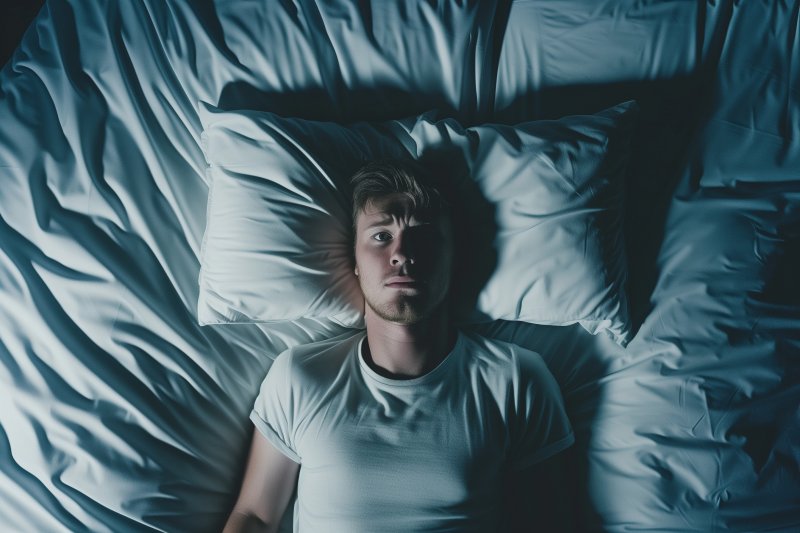
Most people understand that wetting the bed as children is all part of growing up. However, if you’re experiencing this issue as an adult, it might be due to a medical complication that needs to be addressed. For those who have problems with frequent interruptions during rest, it could be that they have sleep apnea, which is a contributing factor to nighttime urination. Read on to learn how this disorder relates to bedwetting and how you can treat the issue.
Sleep Apnea & Bedwetting
Whenever a person stops breathing frequently while resting, this is typically known as obstructive sleep apnea or OSA. This specific form of apnea episodes is due to the tissues in the throat blocking the airway and preventing someone from getting a proper flow of air.
According to a recent study, researchers found that nearly 7% of people with sleep apnea have complications with bedwetting. If they don’t wet the bed, they might still have to use the restroom multiple times throughout the night, a condition known as nocturia. One survey even found that about 84% of those with sleep apnea also struggle with nocturia.
How Can Sleep Apnea Lead to Bedwetting
Current research hasn’t claimed any conclusions about OSA and bedwetting set in stone. That said, there are some prevalent theories that sleep apnea often causes a person to become so fatigued that they are unable to wake up in time to use the restroom. Additionally, OSA may disrupt or impact the hormones that help regulate control over the bladder.
Ways to Treat the Issue
While much research is still needed, it’s important to note that those who have difficulties with nocturia might be suffering from sleep apnea. Not only should you visit your primary physician or a urologist, but you should consider seeking treatment from a sleep expert who can help diagnose the root of the bedwetting issue. After undergoing a sleep test, if it turns out you’re experiencing apnea episodes, you might be able to undergo certain therapies to minimize the problem, such as using a CPAP machine or wearing custom oral appliances.
Bedwetting and nocturia might be a result of not getting enough sleep due to OSA. By addressing this condition, you can be one step closer to enjoying a good night’s rest!
About the Author
With well over two decades of experience, Dr. Keane Fedosky offers various treatments to help patients struggling with sleep apnea, including custom-made oral appliances. He studied at the Baylor College of Dentistry and is a proud member of the American Academy of Dental Sleep Medicine. If you’d like to know more about the effects of sleep apnea or wish to schedule a consultation, visit his website or call him at 972-753-3737.
